Events and Activities
Joint book exhibition on Ryukyu and Okinawa
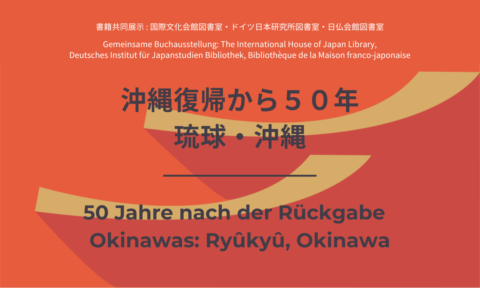
This year marks the 50th anniversary of Okinawa’s return to the mainland on 15 May 1972. In the special exhibition ‘Ryukyu/Okinawa: 50 years since the reversion of Okinawa’, the libraries of the International House of Japan, the Maison franco-japonaise, and the DIJ exhibit research books and articles on the history and culture of Ryukyu and Okinawa written in English, German, and French. The exhibition at the DIJ is open to the public from 4 October to 30 November. For more information on opening times and entry regulations, please contact our library. Details here
Nora Kottmann chairs panel on “Diversity in Science”
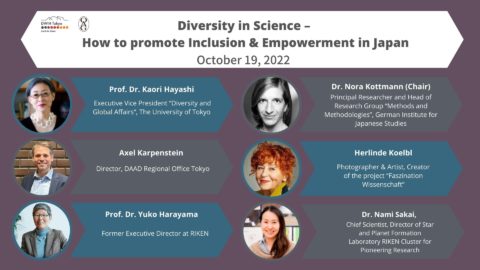
DIJ principal researcher Nora Kottmann will chair the panel discussion “Diversity in Science – How to Promote Inclusion & Empowerment in Japan” on October 19, online and at the OAG Hall in Tokyo. The event starts with a keynote speech by former DIJ advisory board member Kaori Hayashi (University of Tokyo) on turning her university into a global university. The panelists will then discuss how Japan can meet the challenges it faces when it comes to diversity: engaging people from different backgrounds (age, gender, nationality); making scientific careers more attractive for young researchers; attracting more international students again after the country’s closure during the pandemic. The event is jointly organised by the German Centre for Research and Innovation Tokyo (DWIH Tokyo) and the German East Asiatic Society (OAG). Details here
Axel Klein to discuss political populism in Japan in hybrid DIJ Study Group

Compared to other liberal democracies, Japan’s political system has a few rare characteristics, including the dominance of a single political party and the absence of an electorally relevant green party. But what about populism? Are there populist parties or populist politicians? The few studies that deal with this question have identified Ishin no Kai (Japan Restoration Party), Tomin Fāsuto (Citizens of Tokyo First), Koizumi Jun’ichirō, Hashimoto Tōru, Koike Yuriko, and Yamamoto Tarō (Reiwa Shinsengumi) as the usual suspects. This presentation will introduce the Japan track of a larger project presently underway at the University of Duisburg-Essen entitled “Populism in East Asian Democracies”. DIJ alumnus Axel Klein will address the questions above and explain his view on why there may be smoke without a fire when it comes to populism in Japan. Details and registration here
Axel Klein, University of Duisburg-Essen (Germany)
DIJ researchers at Nichibunken Seminar on Japanese Studies
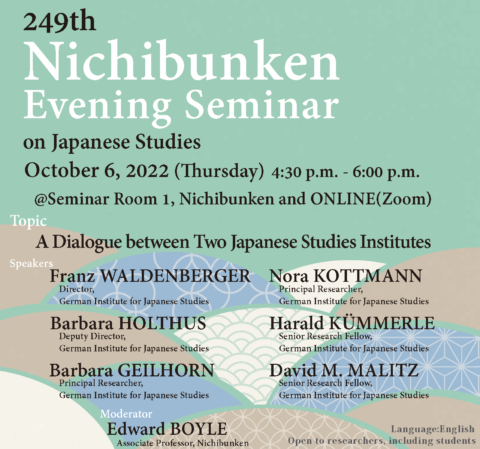
To commemorate the new academic exchange agreement between the DIJ and the International Research Center for Japanese Studies (Nichibunken), researchers from both institutes will discuss the state and future of research in Japanese Studies at the 249th Nichibunken Evening Seminar on October 6. They will discuss Japan as a research object from Japanese and foreign perspectives and address the challenges for international Japanese Studies. The DIJ delegation will include director Franz Waldenberger, deputy director Barbara Holthus, research fellows Barbara Geilhorn, Nora Kottmann, Harald Kümmerle, and David M. Malitz. The seminar will be held in hybrid format at the Nichibunken in Kyoto and online (Zoom). It will be moderated by Edward Boyle, Associate Professor at the International Research Center for Japanese Studies. Details and registration here
DIJ online talk on Minakata Kumagusu, Queer Nature, and the Microbial Paradigm
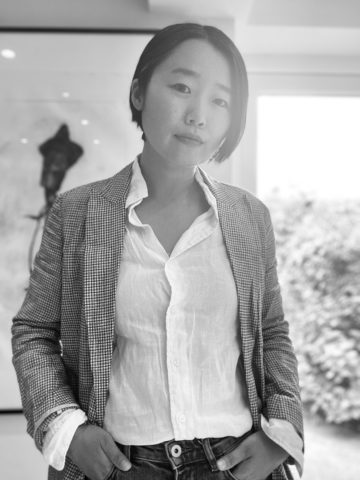
This talk in the DIJ Environmental Humanities in East Asia lecture series considers the role of non-humans in the intellectual history of modern Japan through the case study of the Buddhist naturalist-polymath Minakata Kumagusu. Building on Kumagusu’s fascination over the microbe slime mold, Eiko Honda delineates the ways in which a parallel paradigm of interdisciplinary knowledge production emerges when the historian places microbes as the basis for the historical actor’s truths (‘queer nature’). The paper reveals a novel account of civilization theory and evolutionism that eventually formulated what she calls the ‘microbial paradigm’ that existed in history, but not in historiography. The talk reflects on what’s at stake when one does or does not decentre the focal point of knowledge production in history, and what kind of implications it may have on present-day research and teaching in area studies. Details and registration here
Eiko Honda, Aarhus University
DIJ Method Talk on Delphi Survey, Technology, and Unpaid Domestic Work

The future of work has emerged as a prominent topic for research and policy debate. In this session of the DIJ Method Talk series, Lulu Shi and Nobuko Nagase will discuss and present results from their Delphi survey to predict how technology may transform unpaid domestic work. On average, 65 AI experts from the UK and Japan predicted that 39 percent of the time spent on 17 housework and care work tasks will be automatable within ten years. The survey provides the first quantitative estimates concerning the future of unpaid work and demonstrates how such predictions are socially contingent, with implications to forecasting methodology. It also investigates how willingness to use smart technologies varies across gender, household income, time pressure, type of domestic work, and its price. Details and registration here
Lulu Shi, Oxford University and Nobuko Nagase, Ochanomizu University
Franz Waldenberger discusses Global Knowledge Infrastructures

The sheer volume of numbers, data, and facts is growing and the speed of generating scientific knowledge is ever accelerating. As access to knowledge is becoming more global and digital through open-source projects, its reliability, verifiability, and accessibility has been called into question. But establishing a sustainable knowledge infrastructure can also be a key to securing economic growth, welfare, and individual well-being. Together with Thomas Elm (Managing Director Europe, Goodpatch GmbH), DIJ director Franz Waldenberger will discuss how a stable knowledge infrastructure can be created and sufficiently maintained. What are the challenges to providing this infrastructure for and with an intercultural Japanese-German background? What is the potential of the digital transformation for growth and a reliable knowledge infrastructure? This on-site event takes place on September 13 at the Japanese-German Center Berlin as part of the ‘Hiru no kai’ discussion series, organised by the Japanese-German Business Association (DJW). Details and registration here
DIJ Study Group with Cornelia Storz compares flexible and rigid retrenchment strategies
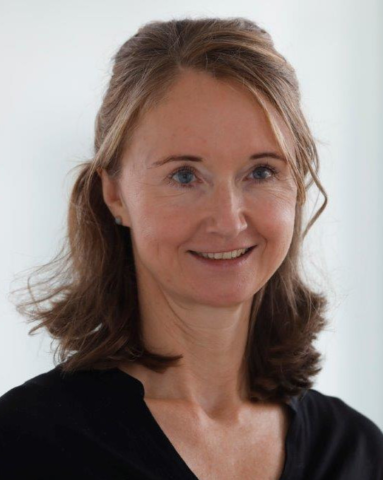
Firms in many advanced economies practice flexible retrenchment strategies to react to a crisis or to adjust to organisational decline in order to lower labour costs. Building on signalling theory and the neo-institutional and resource-based view, this presentation analyses two research questions: (1) What are the effects of “flexible retrenchment strategies” (such as wage-based and functional flexibility) on investor reactions as compared to “rigid strategies” (such as pure downsizing)? (2) How do a firm’s knowledge assets shape the relationship between investor reactions to flexible strategies as compared to rigid strategies? Using a novel data set of 242 retrenchment announcements by Japanese firms, the study finds that flexible strategies are significantly and positively associated with a higher likelihood that the firm value of retrenchers increases. This suggests that investors perceive flexible strategies as a capability signal, rewarding innovative firms depending heavily on the knowledge of their employees. Details and registration here
Cornelia Storz, Goethe University Frankfurt





 Open Access
Open Access
